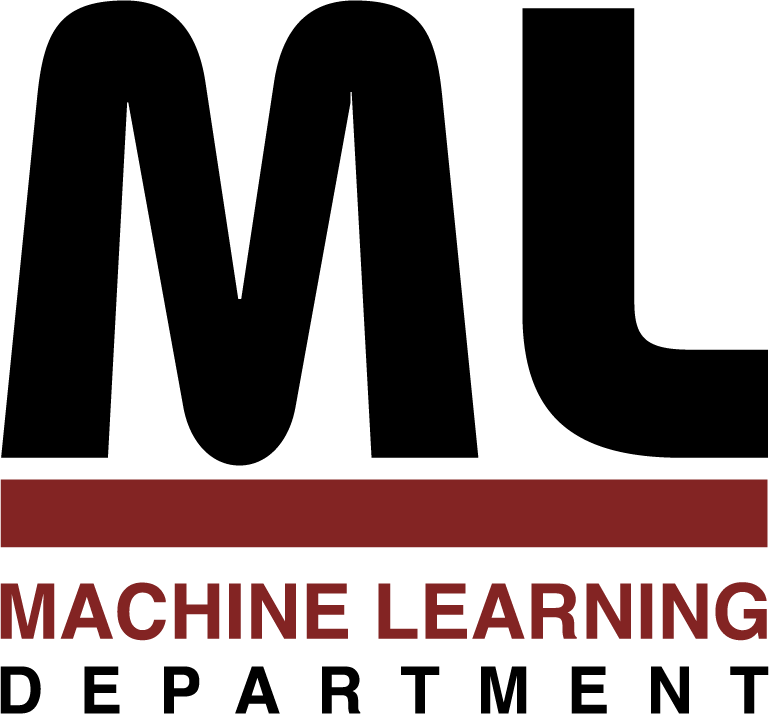
Machine Learning Department
School of Computer Science, Carnegie Mellon University
Anytime Prediction and Learning for
the Balance between Computation and Accuracy
Hanzhang Hu
April 2019
Ph.D. Thesis
In this work, we address these trade-offs between computation and accuracy via anytime prediction and learning, which are algorithms that can be interrupted at any time and still produce valid solutions. Furthermore, the quality of the results improves with the consumed computation before interruption. With the versatility to adjust to any budget, anytime algorithms automatically utilize any agnostic computational budget to the maximum extent.
To address the test-time trade-off, we study anytime predictors, whose prediction computation can be interrupted during testing. We start with developing provably near-optimal anytime linear predictors, and derive a theoretical performance limitation for anytime predictors that are based on ensemble methods. Then we develop practical anytime predictions within individual neural networks via multi-objective optimization. Furthermore, leveraging these anytime predictors as weak learners, we circumvent the performance limitation on ensemble-based anytime predictors.
For the train-time trade-off, we consider the neural architecture search problem, where one seeks the optimal neural network structure for a data-set. We draw a parallel between this bi-level combinatorial optimization problem and the feature selection problem for linear prediction, and develop an iterative network growth algorithm that is inspired by a forward selection algorithm. We also consider the problem of training on large data-sets, and develop no-regret gradient boosting algorithms for stochastic data streams.
124 pages
Roni Rosenfeld, Head, Machine Learning Department
J. Andrew Bagnell (Co-Chair)
Martial Hebert (Co-Chair)
Ruslan Salakhutdinov
Rich Caruana (Stanford University)
Tom M. Mitchell, Interim Dean, School of Computer Science
School of Computer Science